 Williams Baptist College Fine Arts Building
Williams Baptist College Fine Arts Building
Entry Type: Place
 Williams Baptist College Fine Arts Building
Williams Baptist College Fine Arts Building
Williams Baptist University
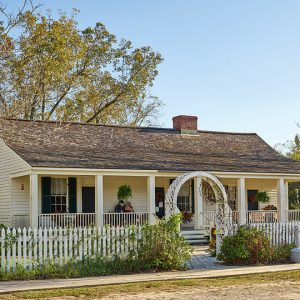 Williams Tavern Restaurant
Williams Tavern Restaurant
 John G. Williams House No. 2
John G. Williams House No. 2
 Williamson Hall
Williamson Hall
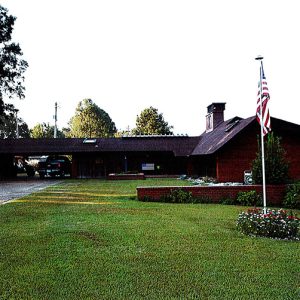 Williamson House
Williamson House
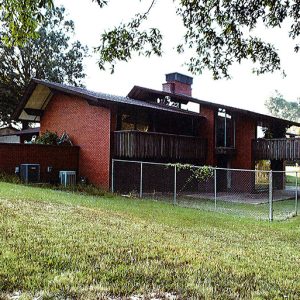 Williamson House Rear View
Williamson House Rear View
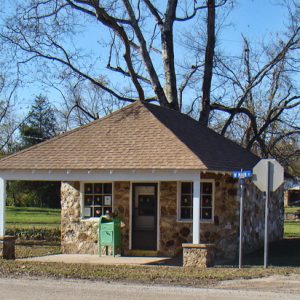 Williford Library
Williford Library
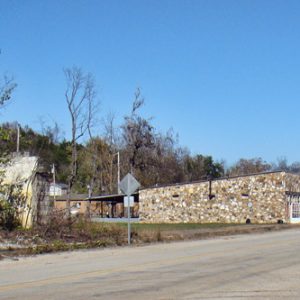 Williford Business District
Williford Business District
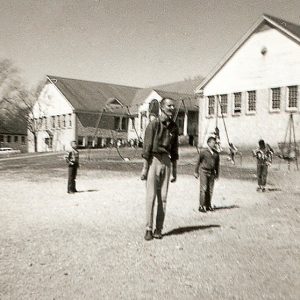 Williford School
Williford School
Williford (Sharp County)
 Williford Library
Williford Library
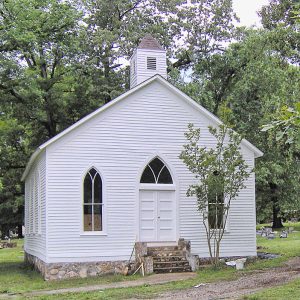 Williford Methodist Church after Restoration
Williford Methodist Church after Restoration
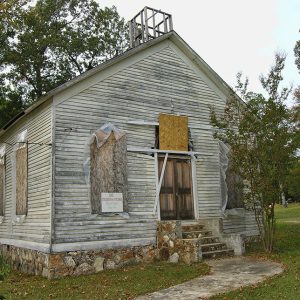 Williford Methodist Church before Restoration
Williford Methodist Church before Restoration
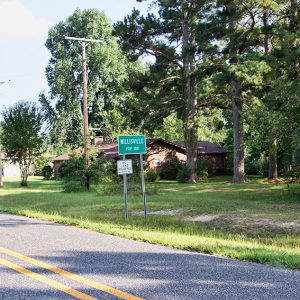 Willisville
Willisville
Willisville (Nevada County)
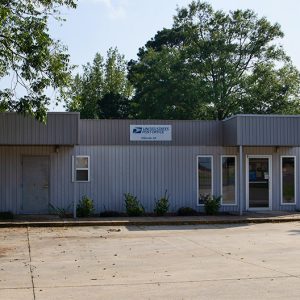 Willisville Post Office
Willisville Post Office
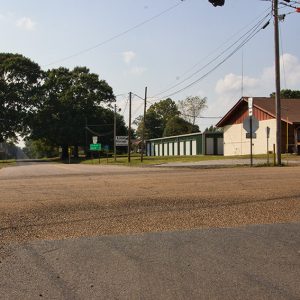 Willisville Street Scene
Willisville Street Scene
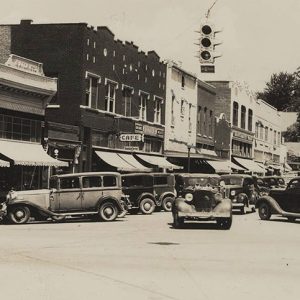 Willow Street
Willow Street
Wilmar (Drew County)
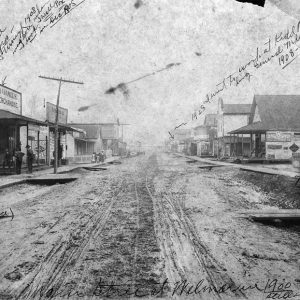 Wilmar Street Scene
Wilmar Street Scene
Wilmot (Ashley County)
Wilson (Mississippi County)
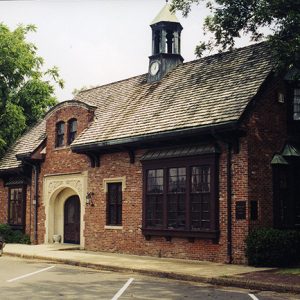 Wilson
Wilson
 Wilson
Wilson
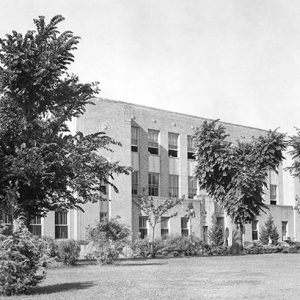 Wilson Hall
Wilson Hall
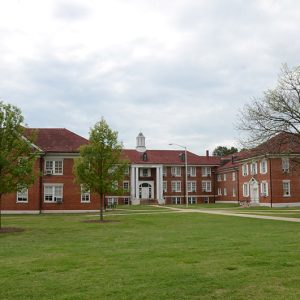 Wilson Hall
Wilson Hall
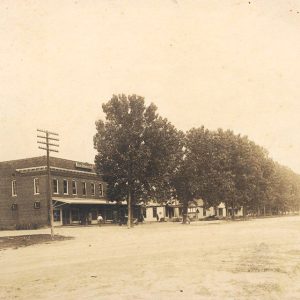 Wilson Street Scene
Wilson Street Scene
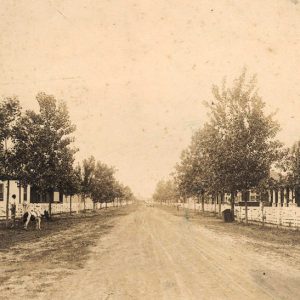 Wilson Street Scene
Wilson Street Scene
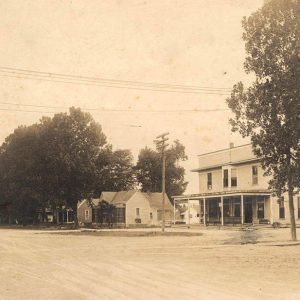 Wilson Street Scene
Wilson Street Scene
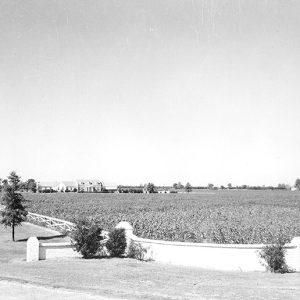 Wilson Plantation
Wilson Plantation
Wilton (Little River County)
Winchester (Drew County)
 Winchester School Opening
Winchester School Opening
 Winding Staircase
Winding Staircase
 Window
Window
 Winery Tank Room
Winery Tank Room
Winfield (Scott County) [Northeast]
Winfield (Scott County) [West]
 Wingmead
Wingmead
Wingmead
Winrock Farms
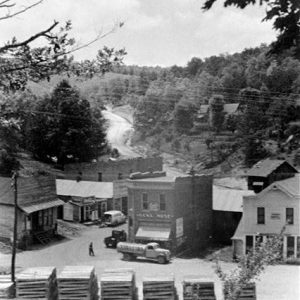 Winslow Street Scene
Winslow Street Scene
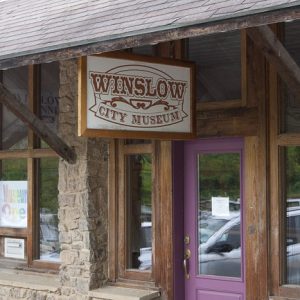 Winslow City Museum
Winslow City Museum
Winslow (Washington County)
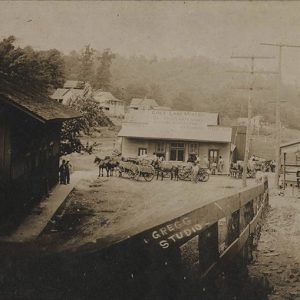 Winslow Street Scene
Winslow Street Scene
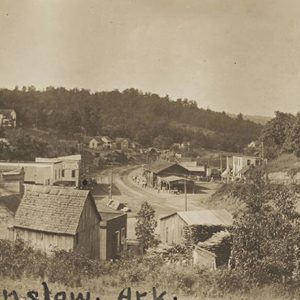 Winslow Street Scene
Winslow Street Scene
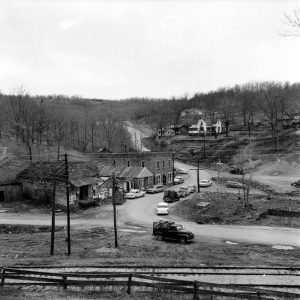 Winslow Street Scene
Winslow Street Scene
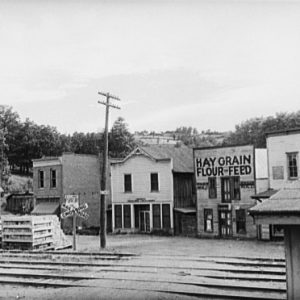 Winslow Street Scene
Winslow Street Scene
 Winslow Street Scene
Winslow Street Scene




